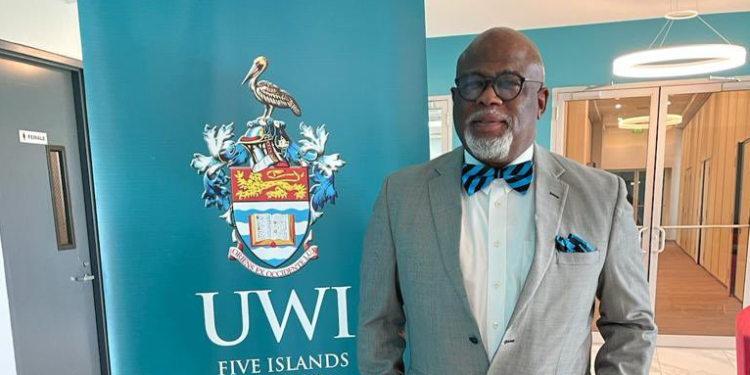By Staff Reporter
A new national policy paper has sparked a fresh wave of optimism—and serious reflection—about the future of Antigua and Barbuda’s economy. The message, delivered on June 4, 2025, by Dr. Curtis Charles to more than 25 department heads at the Ministry of Finance, was clear: “The time to transform is now.”
In a meeting that some described as unusually candid and future-focused, Dr. Charles laid out the real possibilities—and the urgent work still required—for Antigua and Barbuda to become a regional economic leader by 2030. Drawing from years of national employment and social data, the message wasn’t about doom or decline, but about direction: a shift away from dependence on tourism alone, and toward something broader, smarter, and more resilient.
“We have the talent. We have the tools. And we have the time—if we use it well,” Dr. Charles reportedly told the room.
The report behind the conversation outlines how education, entrepreneurship, and digital readiness are already reshaping parts of the economy. New academic programmes at the University of the West Indies—like artificial intelligence, blue economy science, and data-driven health care—are helping train a generation of workers who could power new sectors the country hasn’t even fully tapped yet.
Still, the report doesn’t shy away from challenges. Business formation has been sluggish, and self-employment—especially in the formal sector—remains low. Yet the outlook is far from bleak. With the right support structures in place, the nation could turn those gaps into engines of growth.
For many in the room on June 4th, the takeaway wasn’t just about hitting a target by 2030. It was about building a society that’s prepared to adapt, grow, and thrive, no matter what the global economy throws its way.
“This isn’t a warning,” one Ministry official said after the briefing. “It’s a call to lead.”
Antigua and Barbuda now stands at a crossroads. The next five years will decide whether the country simply recovers—or reinvents itself.



